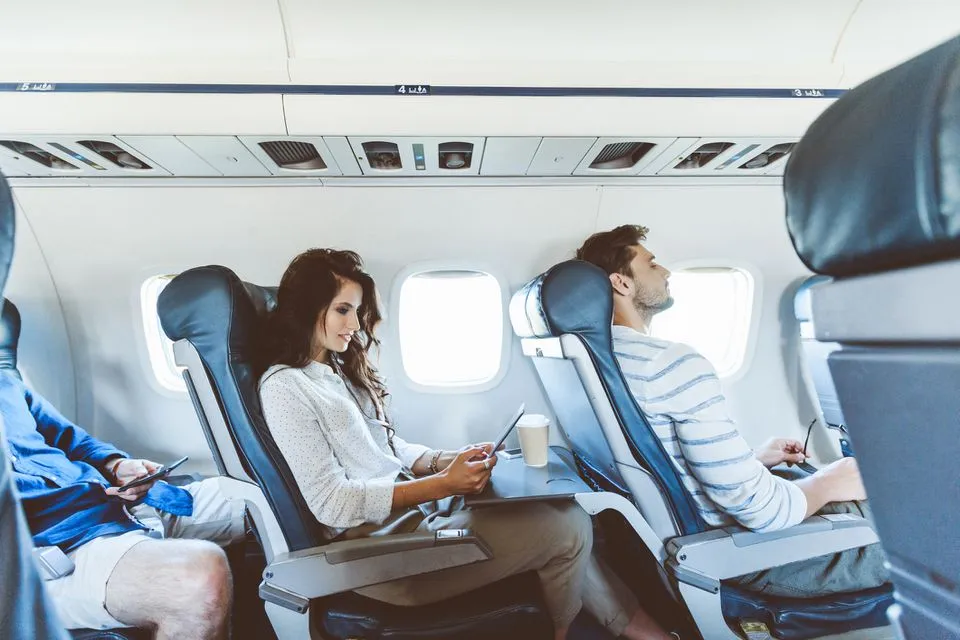
A passenger is a person who travels in a vehicle, aircraft, or other mode of transportation, but does not operate it. Passengers are typically paying customers who have purchased a ticket or fare in exchange for transportation services.
In the context of public transportation, such as buses, trains, and airplanes, passengers are the people who board the vehicle and pay for a ticket or fare to be transported to their destination. Passengers may have different levels of service and amenities depending on the type of transportation and the fare they have paid.
In the context of private transportation, such as taxis, ride-hailing services, or carpooling, passengers are the people who are being transported in a vehicle owned or leased by another person or entity.
In the context of cruise ships, passengers are the people who board the ship for a vacation or other leisure activity. They may have access to various amenities and activities on board, such as dining, entertainment, and recreational facilities.
Here's a closer look:
Role & Responsibilities:
- Non-Operator: Unlike the driver, pilot, or captain, the passenger plays no role in controlling the vehicle or navigating its course. They relax, observe, and enjoy the journey.
- Occupying Passenger Space: Passengers typically use designated areas within the vehicle, like seats, cabins, or compartments, set aside for their comfort and safety.
- Meeting Requirements: Depending on the mode of transportation, passengers might need to follow specific rules or regulations, like wearing seatbelts or adhering to boarding procedures.
Types of Passengers:
- Paying Passengers: In many cases, passengers pay a fare or ticket to travel, contributing to the operation of the vehicle and services they enjoy.
- Non-Paying Passengers: Certain circumstances, like young children accompanying adults or invited guests on private flights, might allow for non-paying passengers.
- Special Consideration Passengers: Some passengers, like individuals with disabilities or those requiring medical assistance, may need special accommodation or facilities during their journey.
Impact & Importance:
Passengers are the lifeblood of many transportation systems, from bustling city buses to international airlines. Their demand drives the need for diverse vehicles, routes, and services, shaping the transportation landscape across the globe. They also contribute to the economic vitality of the sector, generating revenue for operators and supporting related industries.
Beyond Literal Vehicles:
The concept of "passenger" can extend beyond physical transportation. In figurative contexts, it can describe someone passively experiencing an event or phenomenon, like a "passenger on the ship of time" or a "passenger in life's journey."